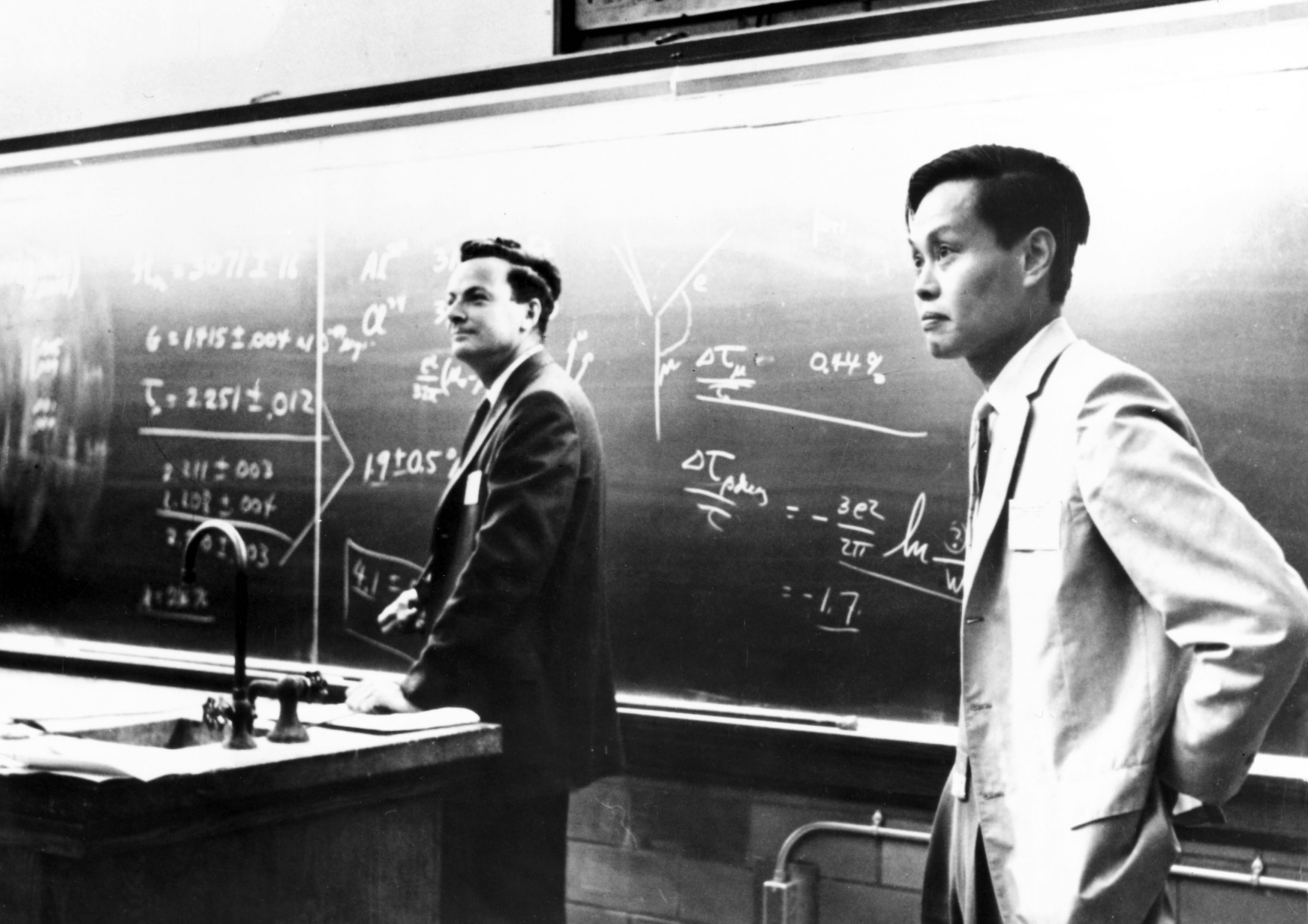
Sciences & Technology
| Special Report
A brief history of Quantum
The quantum revolution is coming, and it’s taken some big leaps of thinking from some of the biggest minds of the 20th century to get us to this point
Imagine the world as we understand it, is just the tip of the iceberg. Underneath that iceberg, at the atomic level and smaller, is the quantum world.
It’s a facet of physics Albert Einstein described as “spooky”. Now, as we’re entering the quantum age, with the University of Melbourne as a founding member of the IBM Q Network, Australia is getting quantum ready.

Sciences & Technology
| Special Report
The quantum revolution is coming, and it’s taken some big leaps of thinking from some of the biggest minds of the 20th century to get us to this point
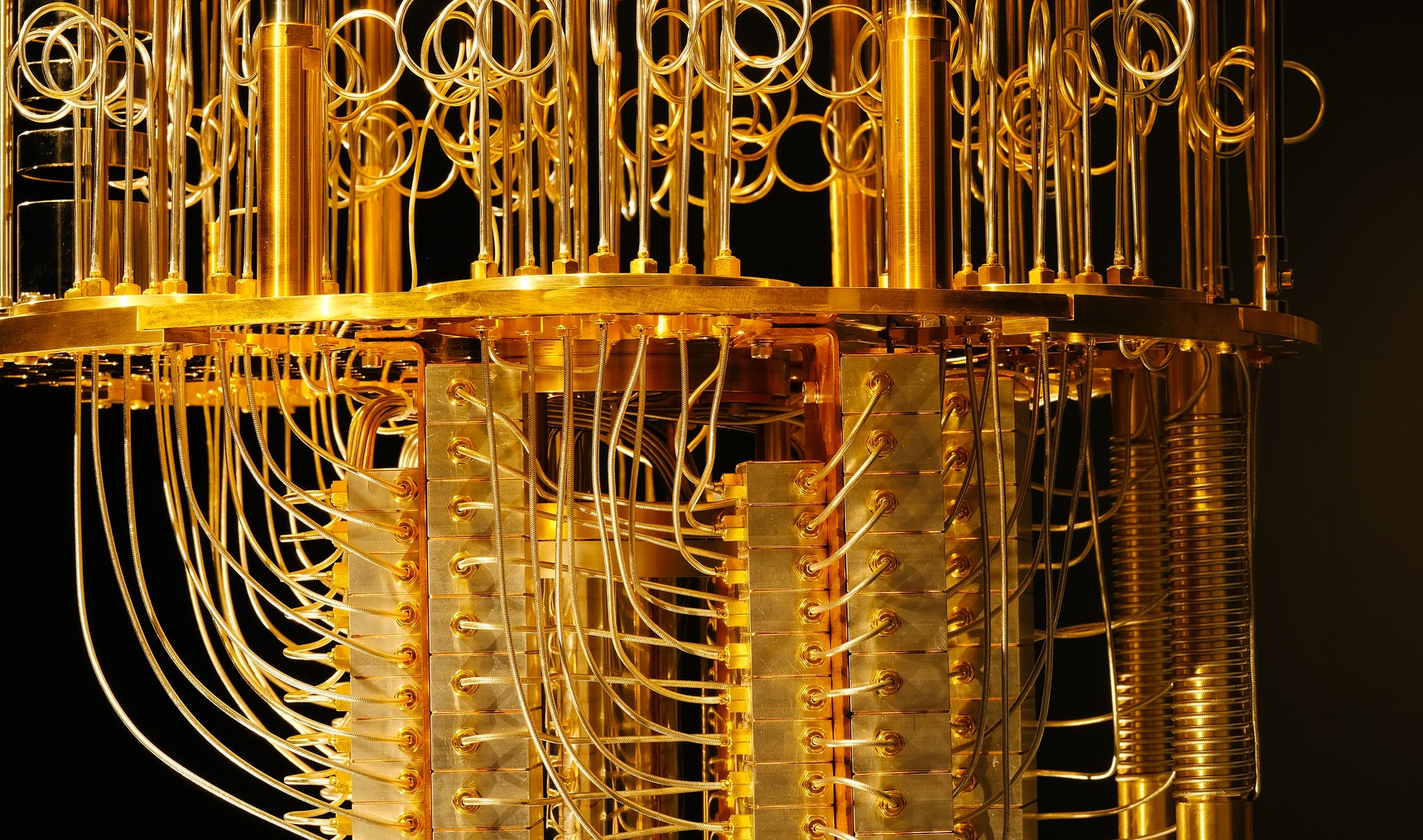
Sciences & Technology
| Special Report
Quantum computing could stream-line financial calculations, optimise the workings of complex systems like logistical networks and enhance artificial intelligence. So how hard can it be?
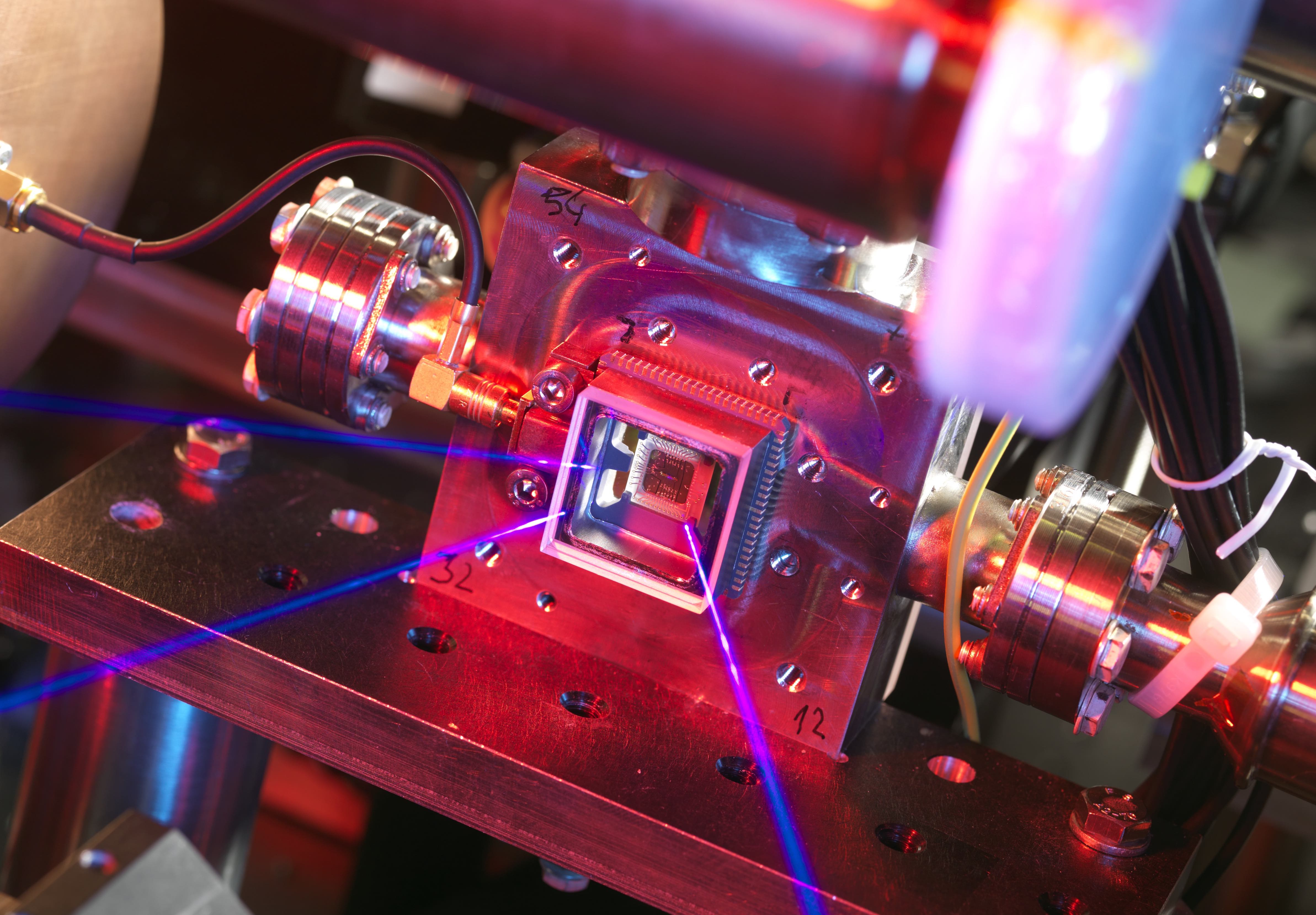
Sciences & Technology
| Special Report
Quantum computing can be a challenging concept to get your head around - could you explain it?
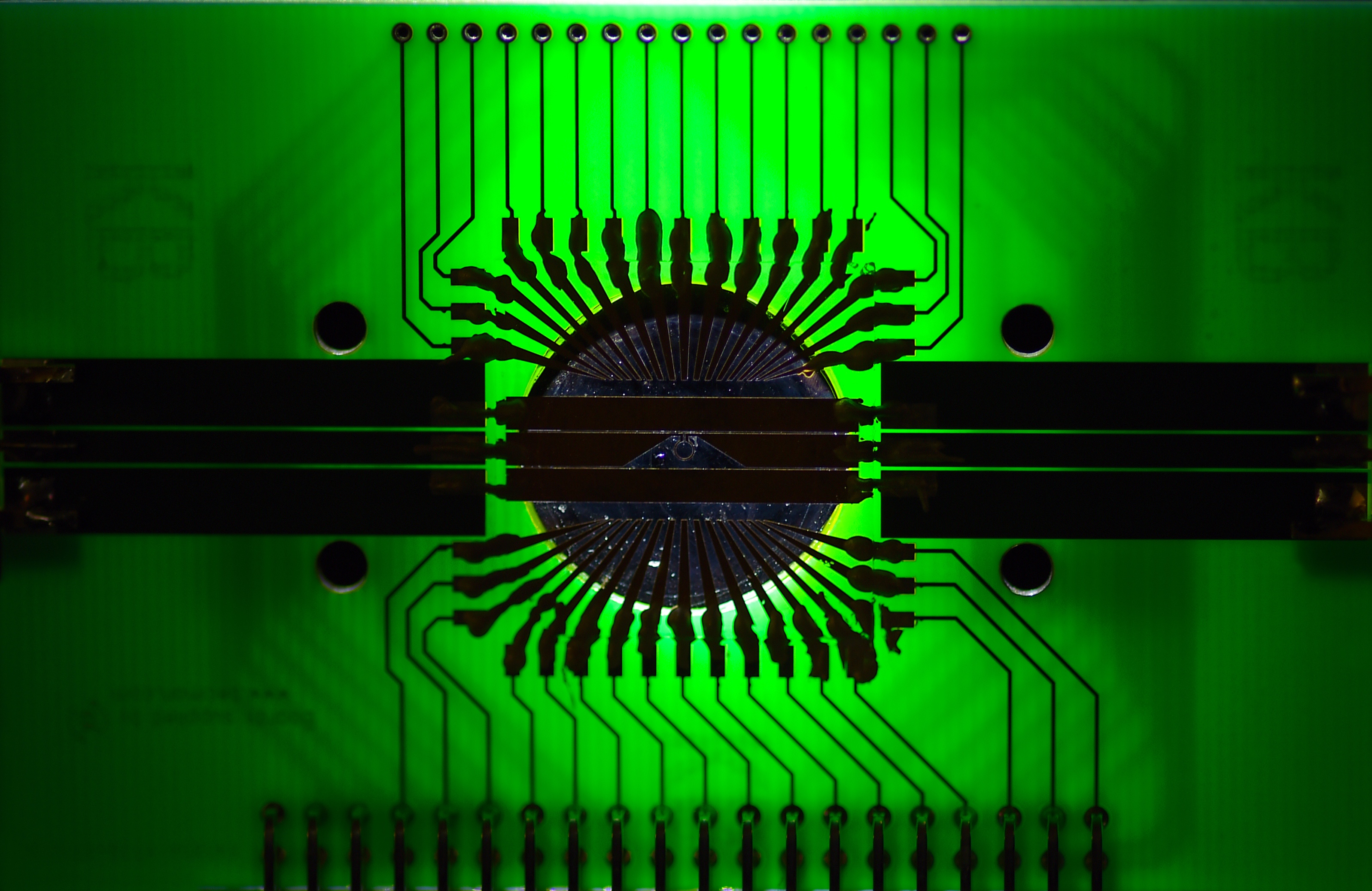
Sciences & Technology
| Special Report
Much of quantum computing exists primarily in theory. Quantum sensing, however, is already here
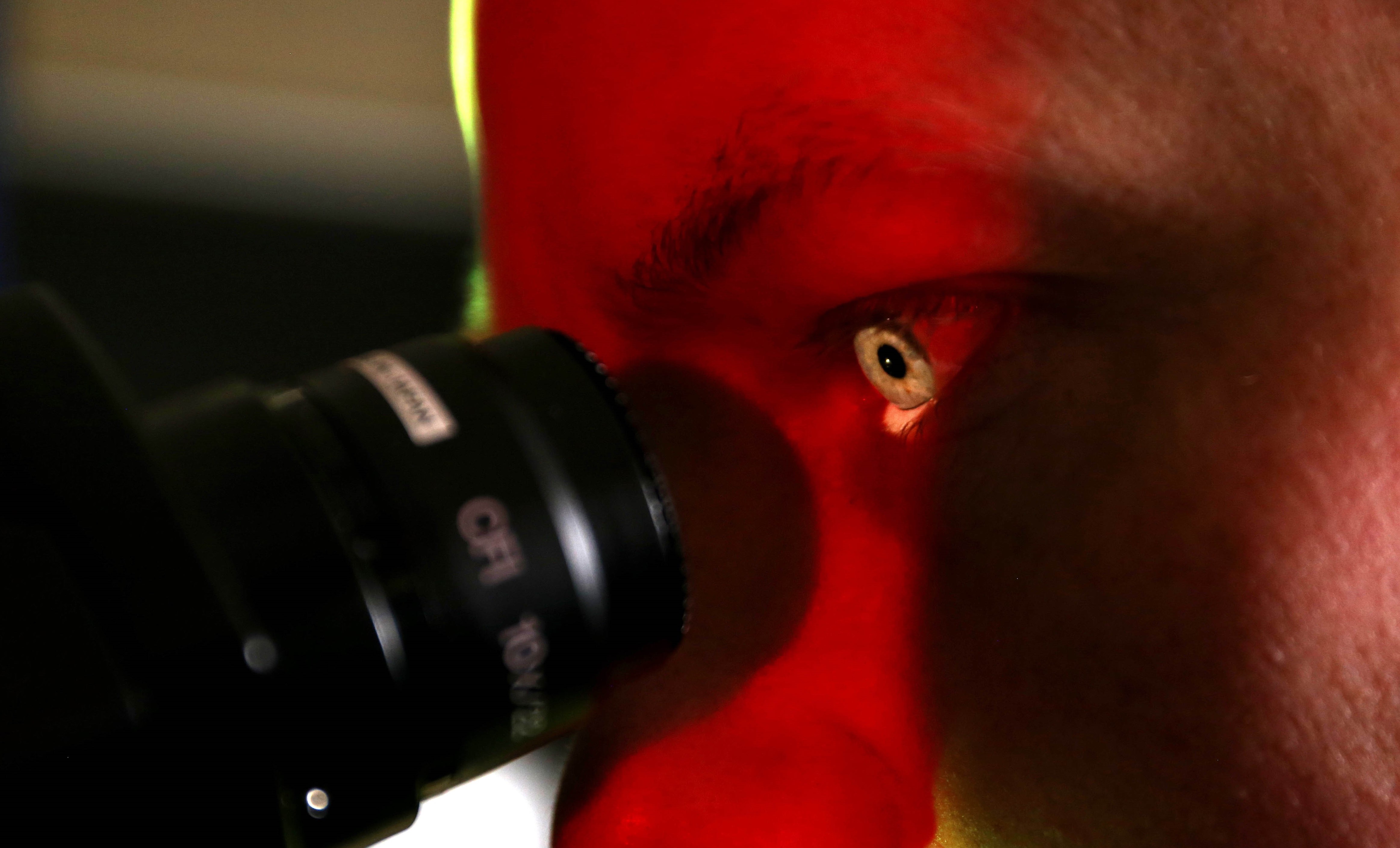
Sciences & Technology
| Special Report
Like the evolution of classic computers in the 1940s, quantum computers are on the cusp of mainstream, and researchers, businesses and universities are already getting themselves quantum ready
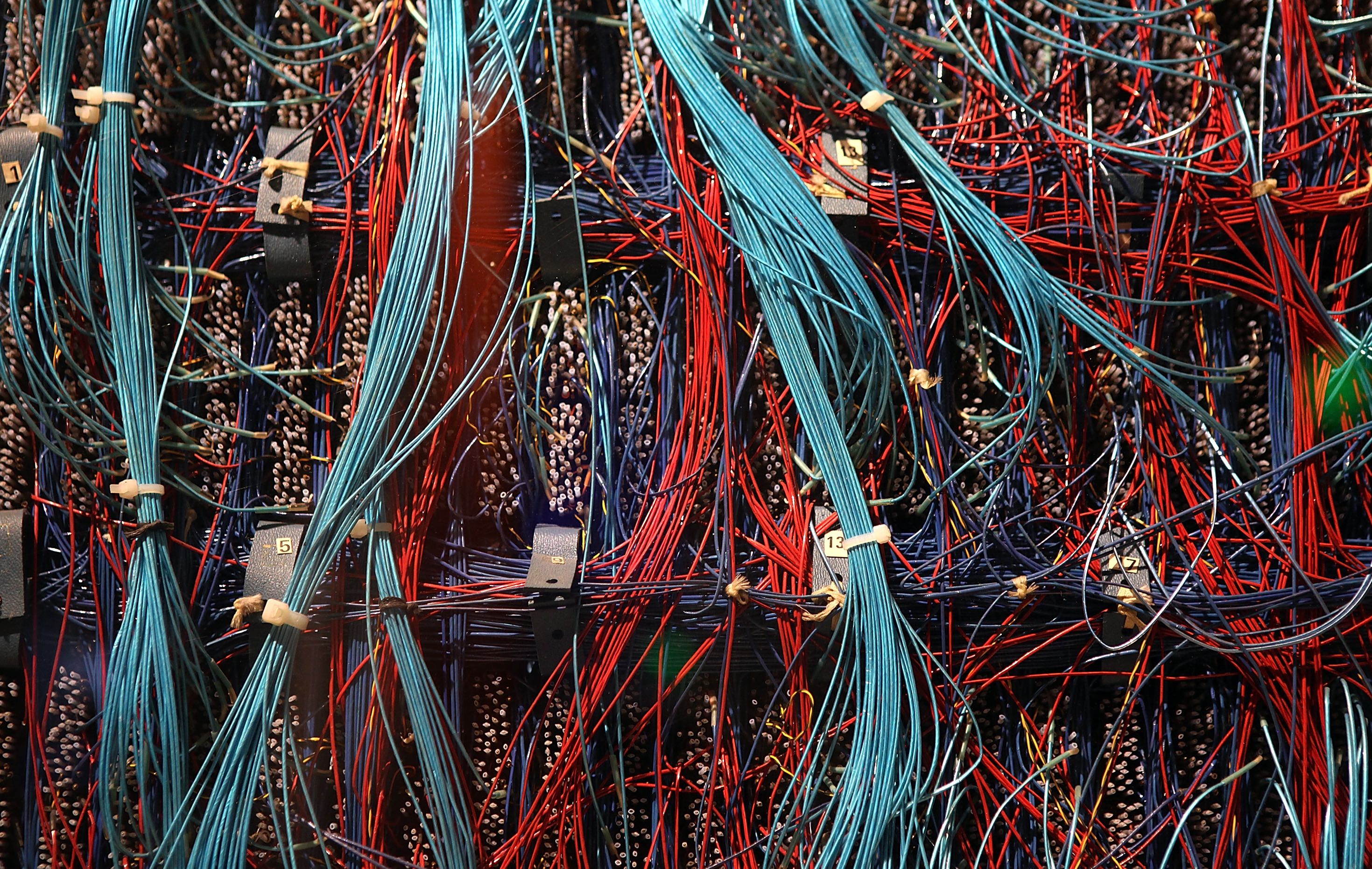
Sciences & Technology
| Special Report
Physicists have successfully run the largest quantum computing simulation to date, a key step in becoming quantum-ready

Sciences & Technology
| Special Report
Quantum sensors can detect tiny changes at the level below the atom, and it’s leading to entirely new questions about how our biological systems work

Sciences & Technology
| Special Report
What is life? The question was posed by famous theoretical physicist Erwin Schrödinger, and now advances in quantum mechanics could help provide the answer

Sciences & Technology
| Special Report
Physicists have demonstrated how, using light, a diamond layer and quantum mechanics, they could potentially “light up” our molecular insides for more powerful MRIs